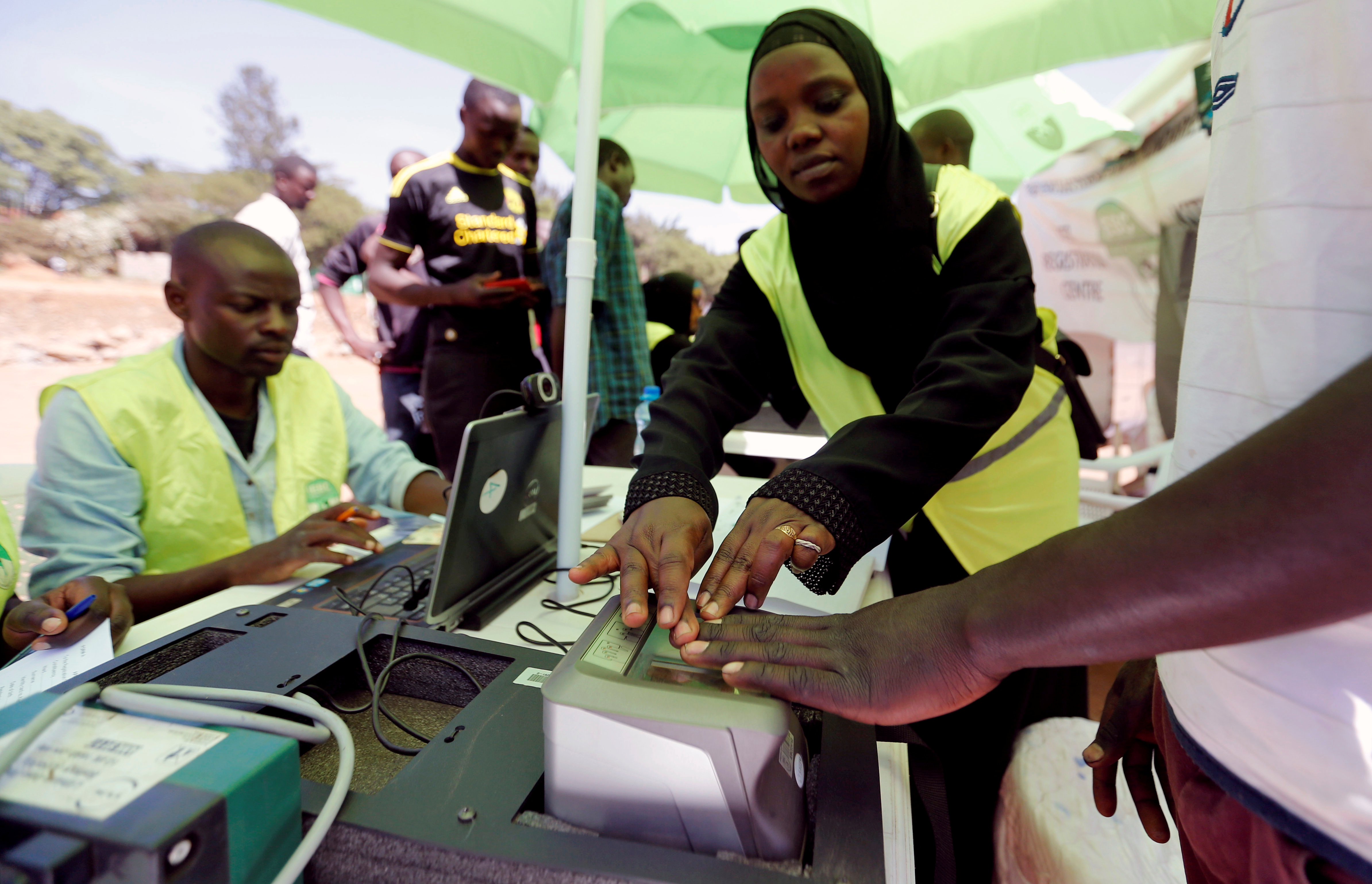by TRENT NETTLES | Mar 15, 2018 | University of California, Los Angeles
Recent events in Kenya have prompted the country to peril in chaos. News of a supposed unfair election has the country on the brink of ruins after the runner-up Raila Odinga cries of an unfair loss against sitting President Uhuru Kenyatta. This shocking ruling has led...

by ANAIS XITLALI LOPEZ | Mar 15, 2018 | University of California, Los Angeles
Last year, Luigi Di Maio, leader of the Five-Star Movement (M5S), a far-right populist party in Italy, stated, “The only possibility for the other parties is to support a Five Star government. We are the only chance of stability. Either they support us or they vote...

by KEVIN ANDREW KENDALL | Mar 15, 2018 | University of California, Los Angeles
Kenya’s politics are public, equal, and free. In 1991, the transformation from a single party to a multiparty democracy was one of the biggest changes within their country. Kenya went from having political instability to having a promising future of democracy...

by MACKENZI TAYLOR-MARIE ELIAS | Mar 14, 2018 | University of California, Los Angeles
Since gaining its independence from British Colonial rule in 1963, Kenya has evolved into a stable, economically sound nation with an exemplary democratic system. Its government has adopted a constitution which establishes a multiparty parliamentary democracy...

by FRANCES ROMNEYA STRNAD | Mar 14, 2018 | University of California, Los Angeles
This past fall, Kenyans voted for a new president. The election, which was supposed to be one of the most democratic elections the country has seen, was tarnished by fake news and a voting scandal. On August 8, the country’s incumbent president, Uhuru Kenyatta, faced...






